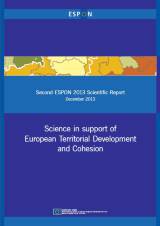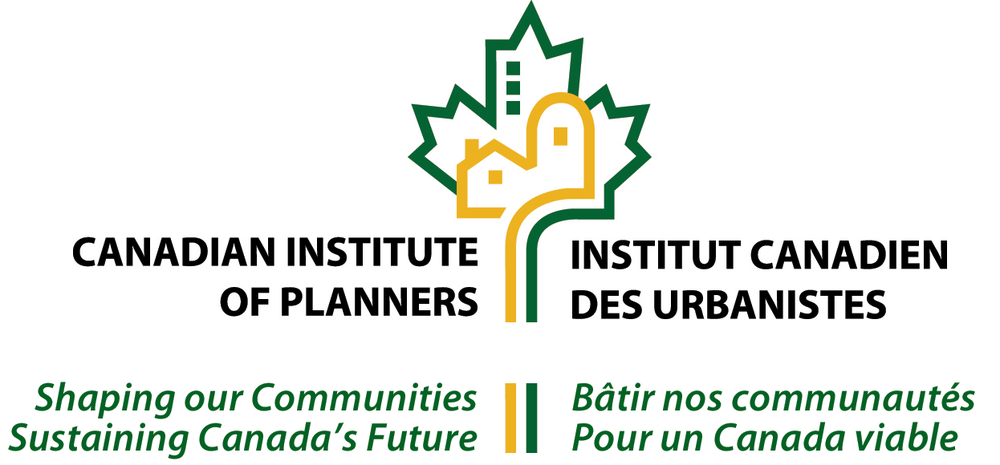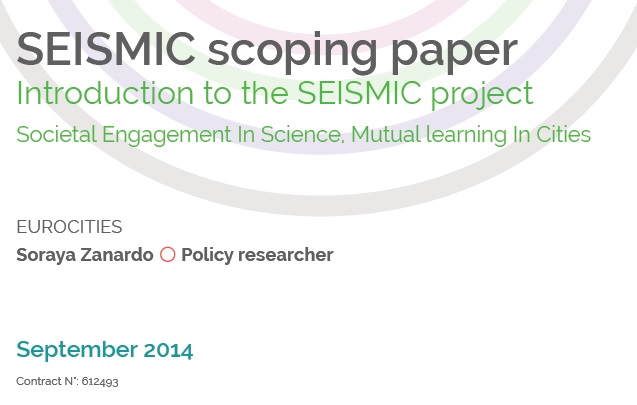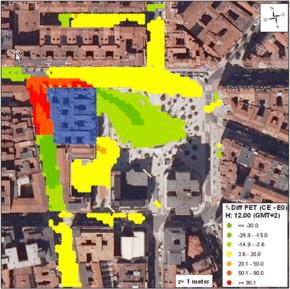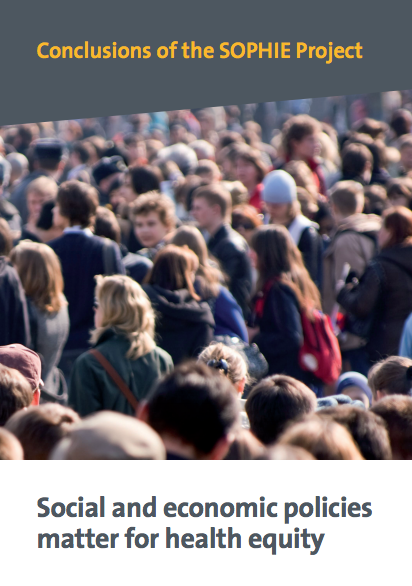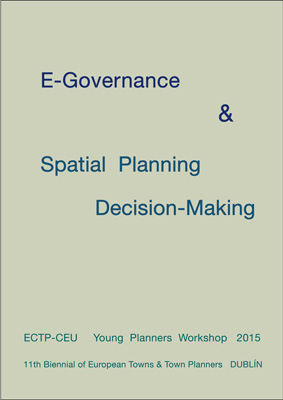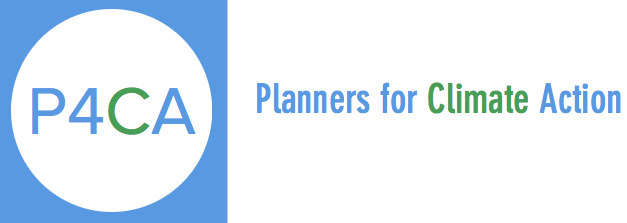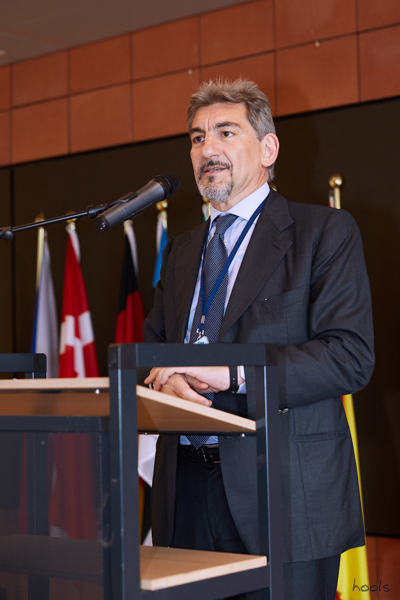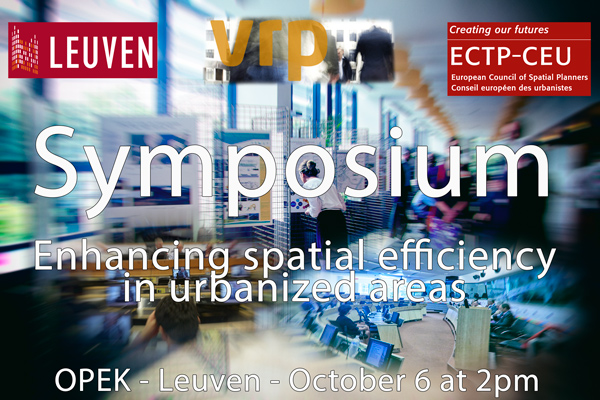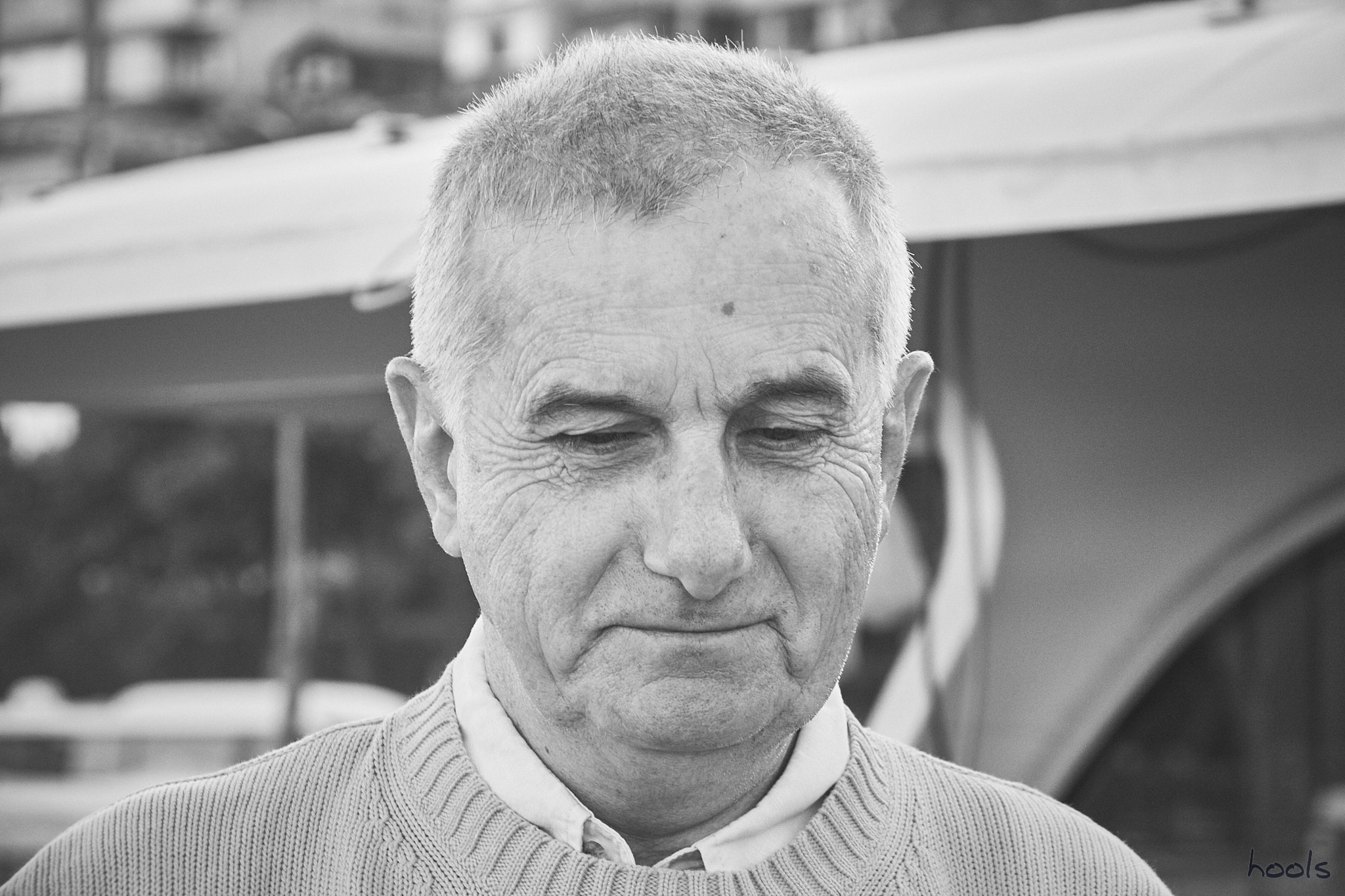This research project argues that we need to look at place-based factors of poverty and inequality; 'people-based' approaches on their own are not enough to tackle these issues. Better built environments and stronger place-based initiatives can support and promote employment, educational achievement, better health and improved social mobility alongside conventional approaches which focus on welfare reform.
You can read the full paper here.
Background
Problems such as worklessness, low incomes, lack of aspiration and ill-health are not just individual – they are also social. The environment can shape people's behaviour and limit or enhance their wellbeing and life chances, but this has largely been neglected in welfare policy. 'Place poverty' means that where people live affects people and their life chances. Inequality and poverty is a matter of income but also a matter of access to services, affordable housing or different transport options.
Project aims and recommendations
This paper shows the impact of 'place' on poverty and aims to develop an understanding of how better built environments and stronger place-based initiatives can support and promote employment, educational achievement, better health and improved social mobility. In an era of localism and devolution, increasing equality and opportunity should be a core part of local, city and sub-regional plans and strategies. Rather than relying solely on national welfare reform, governments across the UK should also promote and incentivise a new era of place-based initiatives to combat poverty and inequality.
Contact
If you would like to discuss this project please contact
Victoria Pinoncely, Research Officer
Royal Town Planning Institute
41 Botolph Lane, London EC3R 8DL
This email address is being protected from spambots. You need JavaScript enabled to view it.
